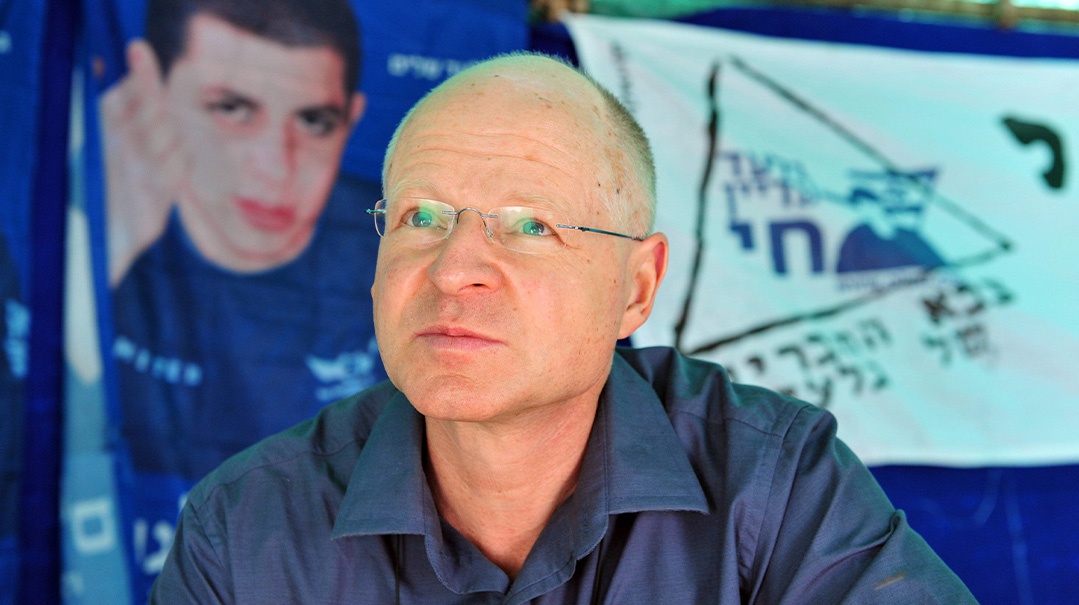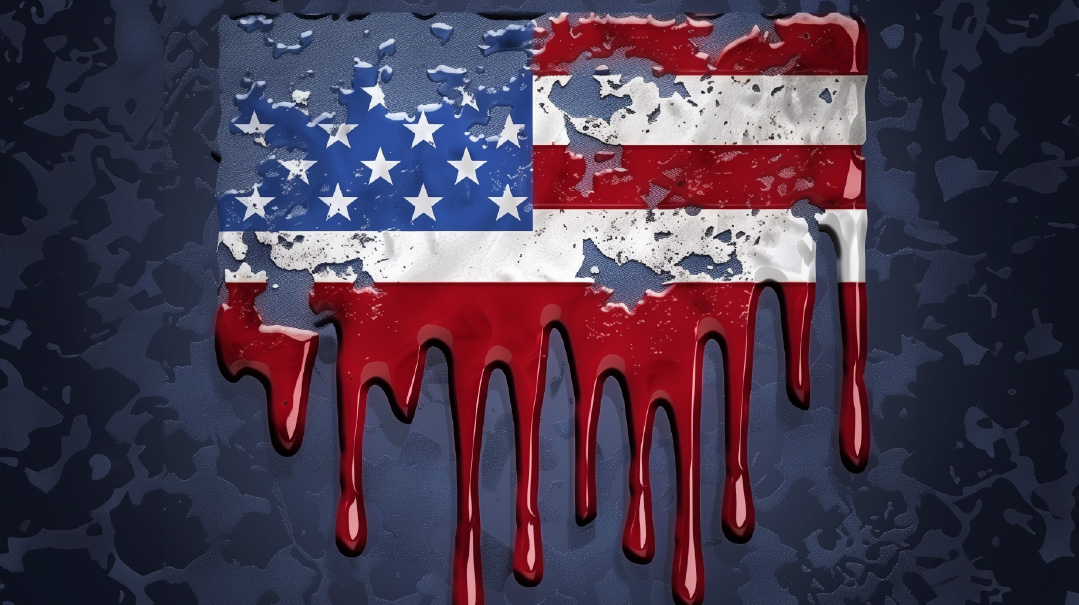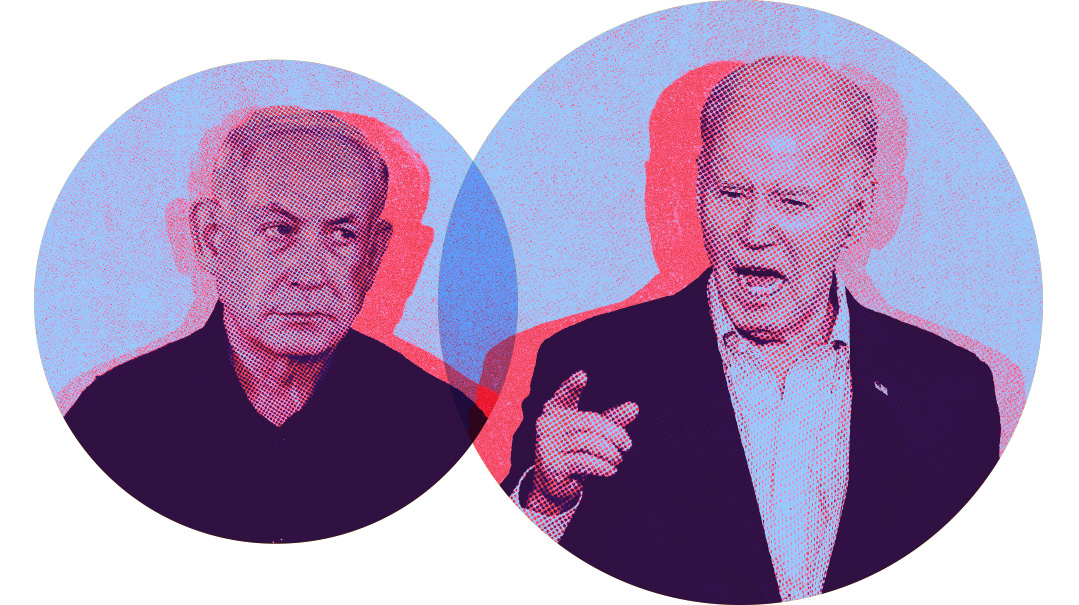One Father and Four Mothers

Every Jewish life is a world unto itself, but Israel paid a high price for the release of Gilad Shalit

A
nother man who suffered unbearable heartache over his son passed away this week in Israel.
Noam Shalit, the father of Gilad Shalit, died at age 68 from leukemia. In 2006, Hamas’s terrorists emerged from a terror tunnel they dug to kidnap Gilad who was on an IDF patrol near Gaza. Hamas kept him captive for more than five years before releasing him in a swap for 1,027 security prisoners held by Israel.
That swap remains controversial to this day.
Noam Shalit tirelessly recruited Israeli society to his cause, crafting a public relations campaign depicting Gilad as “everyone’s son,” tapping into the visceral fear that anyone’s child could one day disappear. Noam’s movement resembled the 1990s “Four Mothers” campaign, a textbook case of a grassroots movement that pressured Israeli policymakers to withdraw IDF forces from Lebanon, which created the vacuum allowing Hezbollah to take power.
There is no faulting Noam Shalit, who acted out of love for his son. The case gripped Israelis, both secular and religious. Many religious women lit an extra Shabbos candle for Gilad for years. The day father and son were reunited and hugged each other on camera, there wasn’t a father in Israel who didn’t want to hug his son at that moment.
Every Jewish life is a world unto itself, but Israel paid a high price for the release of Gilad, who became a sportswriter and got married ten months ago.
The terrorists released in his exchange have killed at least six Israelis, including the three teenage yeshivah bochurim, Eyal Yifrach, Gil-Ad Shaer, and Naftali Fraenkel, Hashem yinkom damam, whose murders precipitated the IDF’s 2014 Operation Protective Edge campaign in Gaza.
Even the left-wing Israeli media agrees Hamas’s “success” in the Shalit case emboldened them to dig more tunnels from Gaza to attempt kidnapping of soldiers, knowing the IDF’s battlefield ethos of leaving no soldier behind would eventually force Israel’s decision-makers to meet their terms.
In response, the IDF has fine-tuned its battlefield doctrine to include the hot pursuit of kidnappers to recapture a soldier to prevent a case of national ransom.
With the next clash between Hamas and Israel all but assured — except for the timing — it remains to be seen how the lessons learned from the Shalit case will play out.
(Originally featured in Mishpacha, Issue 906)
Oops! We could not locate your form.







